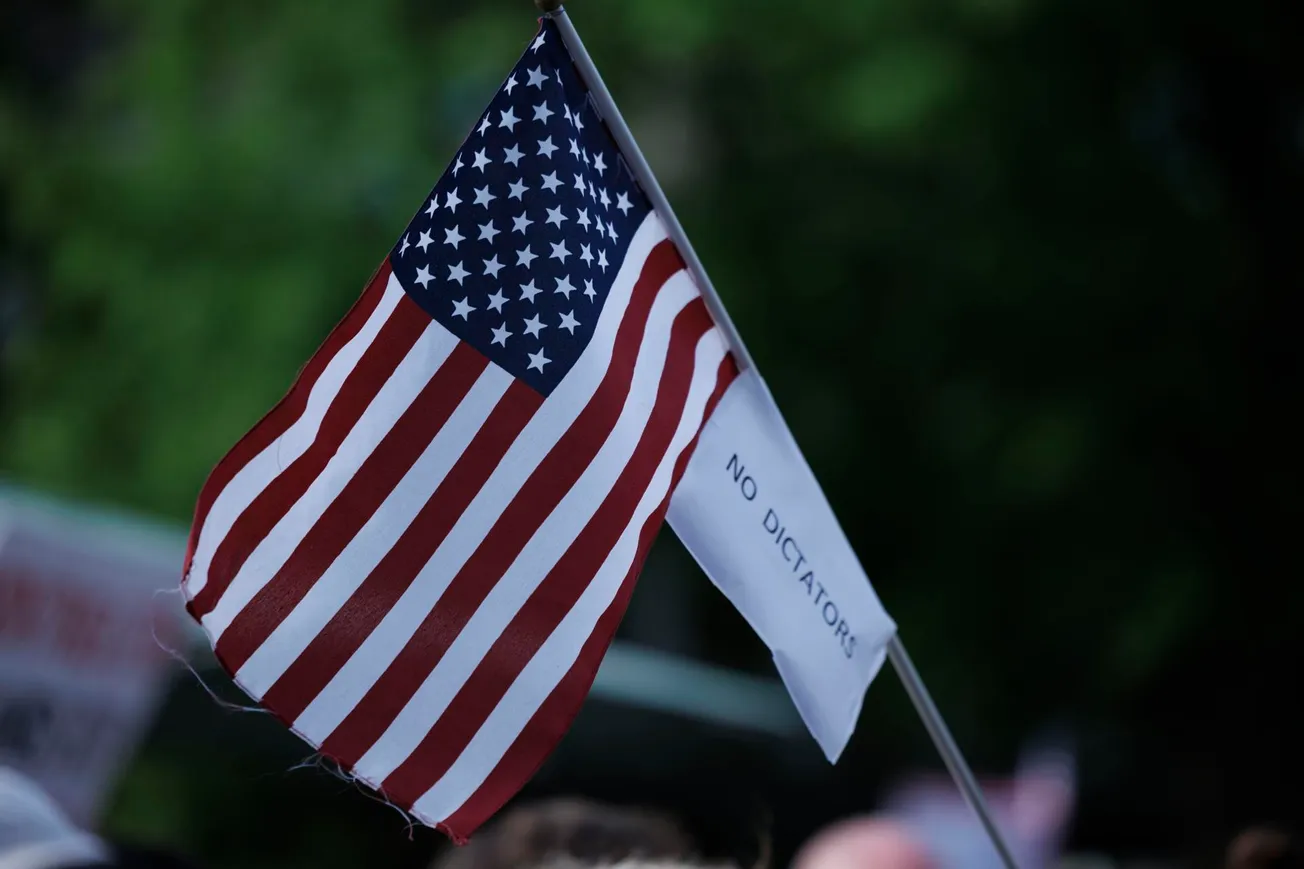When in United States you talk about the fact that meant the beginning of Thanksgiving Day, there’s always a reference to a meal that pilgrims and Wampanoag natives shared in 1621, at Plymouth Rock, Massachusetts, thanking a good harvest. But this story is not accepted by everyone. Michael Gannon is a history professor in the University of Florida, and in Massachusetts he’s known as the Grinch who stole Thanksgiving. This is because his studies reveal that the first Thanksgiving has nothing to do with the story of the pilgrims; instead, it was Spaniard Pedro Menéndez from Aviles, who in 1565 for the first time celebrated a catholic service at St. Agustin, Florida, where he shared a meal with a local tribe.
This starts quite a big dilemma. Accepting Gannon’s story apparently drives us to stop celebrating Thanksgiving Day, because Spaniards weren’t who founded the country and culture of the United States. On the other hand, not accepting Gannon’s version leads to continue comfortably numb. This last idea looks like the easier one, but there is a philosophical reasoning that sustains that even though Gannon’s version is accepted, there is no reason to stop celebrating Thanksgiving Day.
Having a walk through Western philosophy, the first reasoning that leads us to accept the tradition without considering historical matters is cultural relativism. This school of thought suggests that all truth is local, and that moral and ethical systems vary from culture to culture but all are equally valid. If ideas of “good” and “bad” vary from one culture to another, it isn’t hard to defend that a tradition should be celebrated in a place, even though it has no validity to other cultures or other forms of thought. We can think of this as an approach to an answer, but not as a complete one because cultural relativism makes reference to ethics, not to truth. Historicism is what really defends that Thanksgiving Day has to be celebrated as it is, even though the facts of its beginning might be wrong.
German philosopher Wilhem Dilthey, one of the principal thinkers of historicism, used to divide science in two parts. The first part is natural sciences, which are those that study reality as perceived by senses, a group where history can be included. The second part is human sciences which study human reality, where culture can be included. These human sciences are not only completely valid, but they even deemed superior when compared with natural sciences, because they attempt to enlighten the human beings knowledge of themselves. So, while historians study history as a natural science, having to attend to scientific criteria as “this is what really happened”, culture and traditions should be studied as a human science that postulates that a human being is not a steady reality but a result of a historical evolution.
The celebration of Thanksgiving Day belongs to the field of human sciences, so it shouldn’t be changed when it’s historical basis are transformed, instead it should be kept as a result of the evolution that the human beings have been consolidating through their existence.
But the matter doesn’t end here. Spanish philosopher Ortega y Gasset, who read Dilthey in depth, rejects rationalism because it’s a blind struggle for truth and also rejects relativism because of being to irrational. Instead, Ortega believes it’s convenient to change these concepts for perspectivisim, which blends some parts of both.
Truth is important, but just up to a point. Life is a making of one’s self, not just as a human being but also as a society. And if society, in its perspectivism (and rejecting rationalism) creates its traditions, these are completely valid. When looking at Thanksgiving Day, we can say that the cultural construction that has been consolidated through history has more value than the fact that meant the beginning of the tradition. So, if the citizens have accepted this celebration as a part of their culture, the celebration becomes part of their identity, and if they decide to shelve it they would be putting aside part of their identity. Something you cannot ask for because that tradition doesn’t even come into conflict with moral or ethical matters.
From a rationalism point of view, Thanksgiving Day should not be celebrated any longer when its false historical basis are demonstrated. But from the perspective of what really matters is the culture that has been built around a fact, and not the fact itself, there is no reason for which United States citizens should betray their own culture. It’s not the first nor the last time a tradition is sustained over historically doubtful facts. To finalize, let historians do their job as faithful as possible, but let culture continue being that what people built, with or without historical basis. Because, according to Dilthey, individual events, as traditions, shouldn’t be studied with the same methods that are used to investigate physical facts, as history.
So don’t worry, there’s still no reason to end up changing turkey for Spanish paella.
Diego Rodríguez Sánchez studies Journalism in Universidad Carlos III de Madrid. Cofounder and editor of the cultural online magazine ricksmagazine.com, also is collaborating in diverse Spanish radio and press media specialized in cultural broadcasting.
diego.r.contacto@gmail.com
Twitter: @diegoricks










